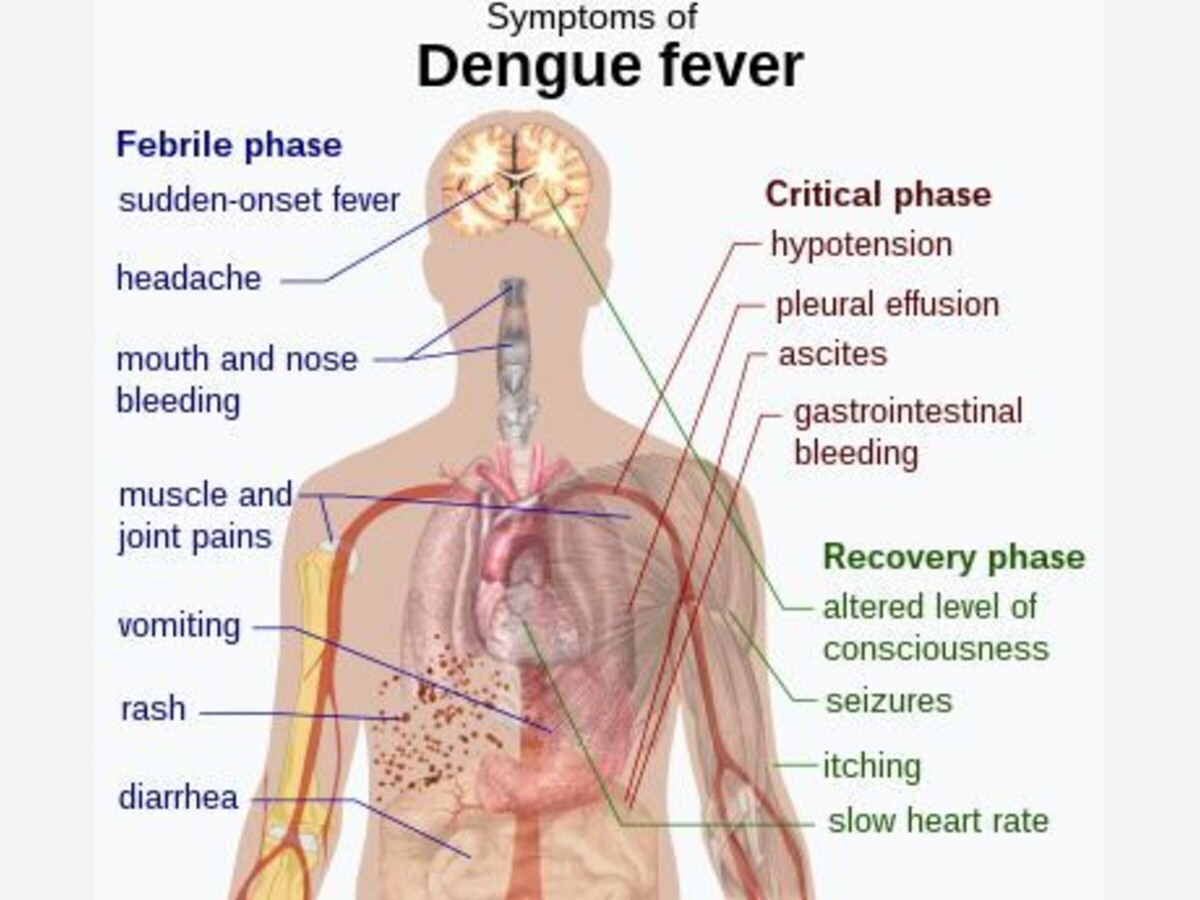Image

The Centers for Disease Control and Prevention (CDC) has issued a Health Alert Network (HAN) Health Advisory to notify healthcare providers, public health authorities and the public of an increased risk of dengue virus (DENV) infections in the United States in 2024.
Global incidence of dengue in 2024 has been the highest on record for this calendar year; many countries are reporting higher-than-usual dengue case numbers. In 2024, countries in the Americas have reported a record-breaking number of dengue cases, exceeding the highest number ever recorded in a single year. From January 1 – June 24, 2024, countries in the Americas reported more than 9.7 million dengue cases, twice as many as in all of 2023 (4.6 million cases). In the United States, Puerto Rico has declared a public health emergency (1,498 cases) and a higher-than-expected number of dengue cases have been identified among U.S. travelers (745 cases) from January 1 – June 24, 2024.
Those numbers included 55 "travelers" to Massachusetts, 10 of that total residing in Norfolk County. According to Franklin Health Director Cathleen Liberty, no cases have been reported in Franklin. The CDC did not specify whether the travelers were Massachusetts residents returning from abroad or newly arrived individuals.
In the setting of increased global and domestic incidence of dengue, healthcare providers should take steps including:
Background
According to CDC, Dengue is the most common arboviral disease globally. It is caused by four distinct but closely related dengue viruses (DENV-1, -2, -3, and -4). DENVs are transmitted through bites of infected Aedes species mosquito vectors. Infection with one DENV generally induces life-long protection against infection from that specific DENV but only protects against other DENVs for several months to years. Dengue is a nationally notifiable disease in the United States. Six U.S. territories and freely associated states are classified as areas with frequent or continuous dengue transmission: Puerto Rico, American Samoa, the U.S. Virgin Islands, the Federated States of Micronesia, the Republic of Marshall Islands, and the Republic of Palau. In the rest of the United States, local transmission of DENV has been limited, with sporadic cases or small outbreaks in Florida, Hawaii, and Texas. However, confirmed local DENV transmission has also been reported by Arizona and California over the past two years. It is also common in the Caribbean including the nations of Cuba and Haiti.
Approximately one in four DENV infections are symptomatic and can be mild or severe. Symptoms begin after an incubation period of 5–7 days (range 3–10 days) and present as fever accompanied by non-specific signs and symptoms such as nausea, vomiting, rash, muscle aches, joint pain, bone pain, pain behind the eyes, headache, or low white blood cell counts. Warning signs are specific clinical findings that predict progression to severe disease. Warning signs include abdominal pain or tenderness, persistent vomiting, clinical fluid accumulation (e.g., ascites, pleural effusion), mucosal bleeding, lethargy or restlessness, progressive increase of hematocrit, or liver enlargement >2cm. Severe disease, with associated severe bleeding, shock or respiratory distress caused by plasma leakage, or end-organ impairment, develops in 1 in 20 people with symptomatic dengue. Infants aged ≤1 year, pregnant people, adults aged ≥65 years, and people with certain medical conditions are at increased risk of severe dengue. Although a second DENV infection (i.e., with a different DENV from the first infection) carries a higher risk of severe disease than a first, third, or fourth infection, any infection can lead to severe disease.